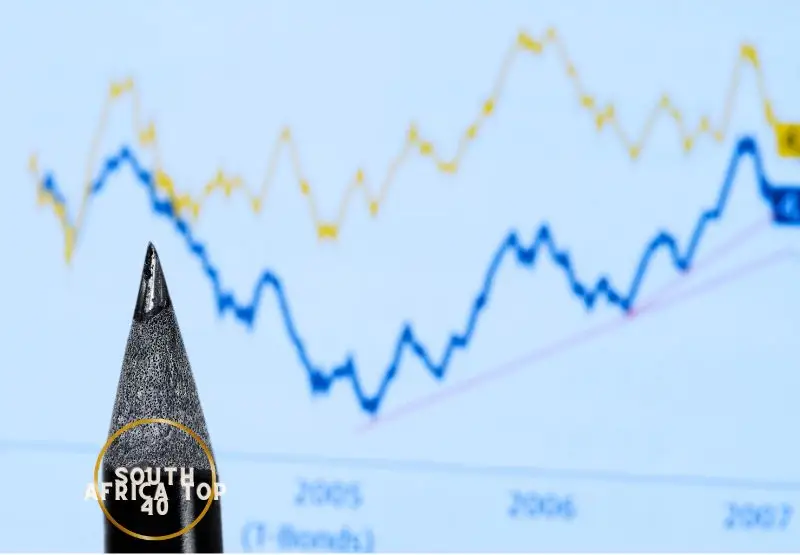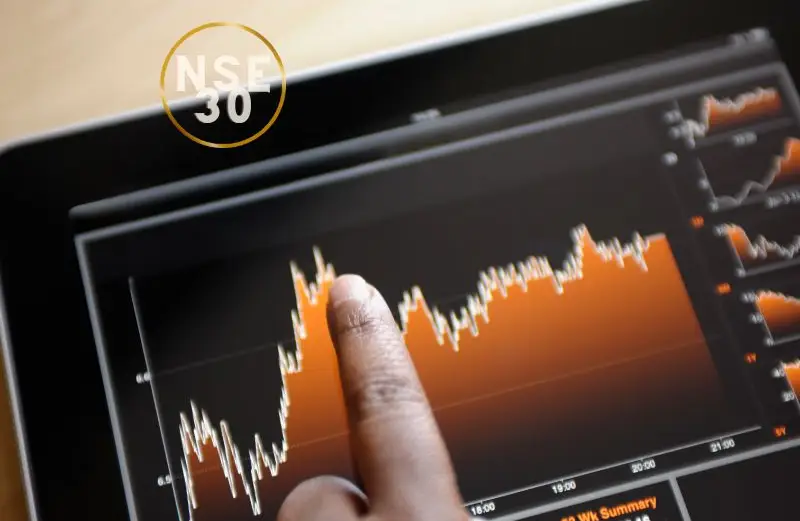Are you interested in investing in one of the fastest-growing economies in Asia? Look no further than the stock market in the Philippines. With a robust financial sector and a rapidly expanding middle class, the Philippine stock market offers plenty of opportunities for savvy investors.
The two main stock indices in the Philippines are the Philippine Stock Exchange Index (PSEi) and the All Shares Index (ALL). The PSEi tracks the performance of 30 of the largest publicly listed companies in the country, while the ALL includes all listed companies on the Philippine Stock Exchange.
Investing in stocks can provide a way to participate in the growth of key industries such as technology, consumer goods, and real estate. It also allows investors to diversify their portfolios and potentially earn higher returns than traditional savings accounts or bonds.
Stay ahead of market trends and make informed investment decisions by keeping an eye on key economic indicators, company earnings reports, and government policies that could impact the stock market in the Philippines. Don’t miss out on this exciting opportunity to grow your wealth in a dynamic and thriving market!
How Does the Stock Market Work in Philippines
The stock market in the Philippines operates through the Philippine Stock Exchange (PSE), where investors can buy and sell shares of publicly listed companies. The PSE serves as a platform for companies to raise capital by selling ownership stakes to investors, allowing individuals to become shareholders and potentially earn profits through dividends and capital gains.
To invest in the stock market in the Philippines, individuals need to open a brokerage account with a licensed broker. They can then place buy or sell orders for specific stocks through their chosen broker. Investors can also monitor stock prices, company performance, and market trends to make informed investment decisions.
Some major stocks in the Philippines that have generated profits for investors include:
- Ayala Corporation (AC) – a diversified conglomerate involved in real estate, banking, telecommunications, and utilities.
- SM Investments Corporation (SM) – a leading retail and property developer company with interests in malls, banking, and real estate.
- Jollibee Foods Corporation (JFC) – the largest fast-food chain operator in the Philippines with international presence.
- PLDT Inc. (TEL) – a telecommunications company providing fixed-line services, wireless communications, and digital solutions.
- BDO Unibank Inc. (BDO) – one of the largest banks in the Philippines offering various financial services to customers.
Investing in the stock market carries risks as stock prices can fluctuate due to various factors like economic conditions, market sentiment, and company performance. It is essential for investors to conduct thorough research and seek advice from financial professionals before making investment decisions in the Philippine stock market.
What is the benefits of buying stocks in Philippines
Investing in the Philippines stock market can offer several benefits to investors. Some of the key advantages include:
1. Potential for High Returns: Stocks have the potential to provide high returns over the long term compared to other investment options such as bonds or savings accounts.
2. Diversification: Investing in stocks allows you to diversify your portfolio, spreading out risk across different sectors and companies.
3. Dividends: Many companies listed on the Philippine Stock Exchange pay dividends to their shareholders, providing an additional source of income.
4. Liquidity: Stocks are highly liquid assets, meaning you can easily buy and sell them on the stock market.
5. Ownership in Companies: Buying stocks allows you to own a portion of a company, giving you a stake in its success.
When investing in the Philippines stock market, it’s important to keep in mind some tips and takeaways:
1. Do Your Research: Before investing in any stock, make sure to thoroughly research the company, its financials, management team, and industry trends.
2. Set Realistic Goals: Determine your investment goals and risk tolerance before buying stocks. This will help you make informed decisions about which stocks to invest in.
3. Diversify Your Portfolio: Spread out your investments across different industries and companies to reduce risk and increase potential returns.
4. Monitor Your Investments: Keep track of your investments regularly and stay updated on market trends and news that may affect your portfolio.
5. Consider Seeking Professional Advice: If you’re new to investing or unsure about where to start, consider seeking advice from a financial advisor or broker who can help guide you through the process.
By following these tips and taking away these key points about investing in the Philippines stock market, you can potentially maximize your returns while minimizing risks associated with buying stocks.
The main stock indices in Philippines
Stock market indices are important indicators that represent the overall performance of a group of stocks in a particular market. In the Philippines, some of the most important stock market indices include the Philippine Stock Exchange Index (PSEi) and the All Shares Index.
The Philippine Stock Exchange Index (PSEi) is composed of a specific set of 30 companies listed on the Philippine Stock Exchange. These companies are chosen based on criteria such as market capitalization, liquidity, and industry representation. The PSEi is often used as a benchmark to gauge the performance of the Philippine stock market as a whole.
The All Shares Index, on the other hand, includes all listed companies on the Philippine Stock Exchange. This index provides a broader view of the overall stock market performance in the country.
In the Philippines, stock market indices are regulated by the Securities and Exchange Commission (SEC) and the Philippine Stock Exchange (PSE). The SEC is responsible for overseeing and regulating the securities industry in the country, while the PSE manages and operates the stock exchange itself.
Regulations governing stock market indices ensure transparency, fairness, and investor protection. Companies included in these indices must meet certain criteria to maintain their listing status. Additionally, trading activities related to these indices are closely monitored to prevent fraud or manipulation.
Investors can use stock market indices as tools for portfolio diversification, risk management, and benchmarking their investment performance. By tracking these indices, investors can gain insights into overall market trends and make informed decisions about their investments.
In conclusion, stock market indices play a crucial role in monitoring and analyzing stock market performance. In the Philippines, regulatory bodies like SEC and PSE ensure that these indices operate efficiently and transparently for the benefit of investors and stakeholders in the financial markets.
Recap: The stock market in Philippines
The stock market in the Philippines has been experiencing volatility in recent years, influenced by both domestic and global factors. Investors have been closely monitoring political developments, economic indicators, and external events that impact the country’s financial markets.
Despite the challenges, there have been opportunities for growth and investment in certain sectors such as technology, consumer goods, and real estate. Companies with strong fundamentals and growth potential continue to attract investors looking for long-term returns.
The Philippine Stock Exchange (PSE) has seen fluctuations in trading volumes and stock prices, reflecting the uncertainty in the market. However, regulatory reforms and initiatives aimed at improving transparency and governance have helped boost investor confidence.
Overall, the stock market in the Philippines remains an important platform for businesses to raise capital and for individuals to invest in various securities. It is essential for investors to stay informed about market trends and make well-informed decisions to navigate through the dynamic landscape of the Philippine stock market.




























































